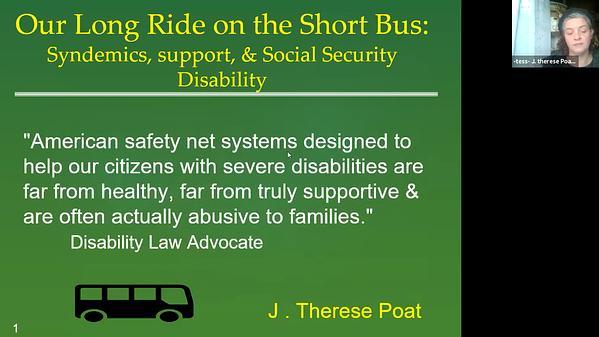Would you like to see your presentation here, made available to a global audience of researchers?
Add your own presentation or have us affordably record your next conference.
keywords:
legal and political anthropology
abolition
decolonization
Anthropology has been rightly called to respond to injustices with more than witnessing and documentation (“thick description”) by turning to “thick solidarity that layers interpersonal empathy with historical analysis, political acumen, and a willingness to be led by those most directly impacted” (Liu and Shange 2018, 196). The present moment demands that we transform anthropology such that the discipline actively speaks to and acts in the face of great injustices. Yet, at first blush, our tools for action seem limited. The academic journal has conventionally been one of the major spaces through which the discipline has engaged the political moment, but it is a format that is limited in terms of timeliness, reach, inclusivity, accessibility, form, and more. Indeed, journals are complicit in and reinforce systems of injustice. They are commonly a mechanism for further silencing and exclusion that is justified by seemingly neutral demands for standards of academic excellence, which tacitly center around imperialist, white supremacist, patriarchal forms of capital that are attuned to specific regions, nations and people groups. Consequently, it is crucial that we re-think our craft and simultaneously re-imagine our spaces of dissemination in ways that challenge scholarly complacency. For those anthropologists working in and across political and legal spaces (and surely all of us are, in some ways, engaging the political and sociolegal), this necessity is rendered all the more urgent by the social justice struggles in the contemporary fields in which we work and their profound linkages with those continuing struggles that have taken place in cotton, cane, tobacco, rice, cocoa and other fields in which many have been forced to labor (Shange 2019, 10). In this roundtable, we therefore ask: How can academic journals overcome their limitations in ways that render them tools that fundamentally transform what anthropology is and how it engages with urgent contemporary struggles and historical injustices? Can the academic journal shift from being a platform of anthropological witnessing to a space of transformative action? Is it possible for the Political and Legal Anthropology Review PoLAR to be such a site for critical, decolonial, and abolitionist anthropology? If so, how? The roundtable is convened by the incoming Co-Editors of PoLAR, and brings together those who can speak to the vision and future of PoLAR from different entry-points: journal founders, former editors, those in other sections, and those who have published in the journal. The roundtable creates a space for collaborative critique and developing ideas for how to move towards deeply transformative forms of critical, decolonial, and abolitionist engagement and action in the space of PoLAR (and potentially other AAA journals). At a time when neoliberal pressures in the academy and “job market” demand ever-increasing individualization of our career profiles and writing for impact factors rather than content value, we envision this roundtable and the conversations it engenders as a space of resistance through collaboration, accountability through openness and recognition, and transformation through critique and “alter-Native” (Grande 2016) re-imaginings of political and legal anthropology.

